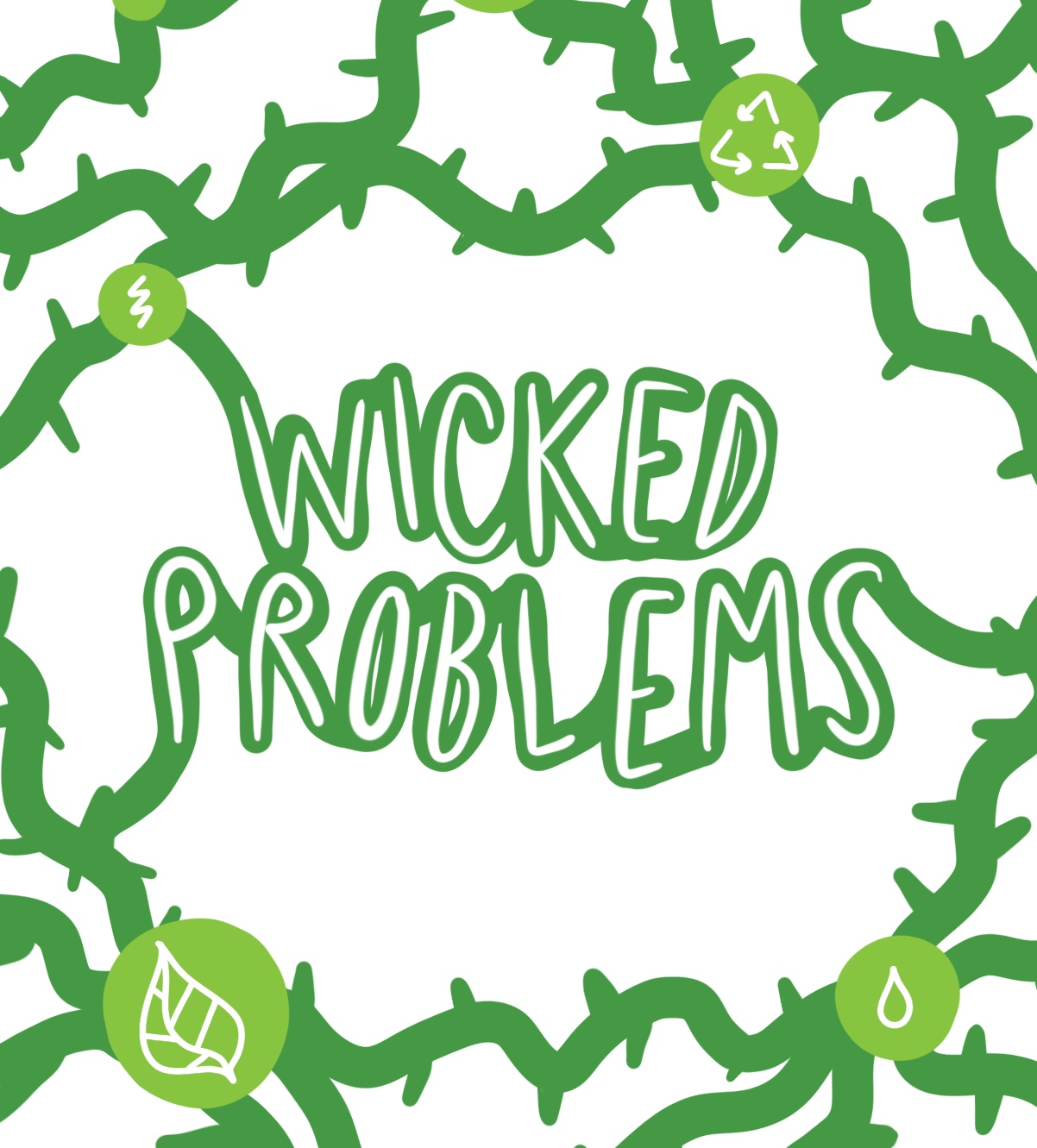Improving Civic and Scientific Literacy through Scaffolded Thematic Classroom Research Experiences
Author(s): Davida Smyth
Mercy College
1810 total view(s), 318 download(s)
Description
To encourage civic and scientific literacy at our institution, we’re scaffolding research experiences throughout the curriculum. At the novice level, we’ve targeted the lecture component of two introductory courses, Environmental Science and Introductory Biology course and for the intermediate level, Microbiology. To foster mastery in the scientific method, students are participating in a classroom based authentic research experience in the area of urban microbial ecology. To encourage literacy, students are given textbook surveys, strategic reading assignments and instructed in concept mapping and reading strategies. The classroom experiences include think-pair-share moments, case studies, active learning assignments and plenty of teamwork and collaboration. Through these projects, students are able to take their first steps towards understanding and immersing themselves in the scientific method using authentic student-driven discovery. Students have gained experience with the generation of posters, educational brochures and bibliographies owing to the novice experiences. The urban microbiology course has resulted in students presenting their work at local, national and international conferences and joining my lab to continue and develop their research projects. These pilots have shown the feasibility of intervening in the lecture to enhance civic engagement and scientific literacy while exposing all students to research and the scientific method.
Notes
Version 2 includes the poster file and image
Cite this work
Researchers should cite this work as follows:
- Davida Smyth (2018). Improving Civic and Scientific Literacy through Scaffolded Thematic Classroom Research Experiences. Wicked Problems: Investigating real world problems in the biology classroom (SW 2018), (Version 2.0). QUBES Educational Resources. doi:10.25334/Q4ST3W
